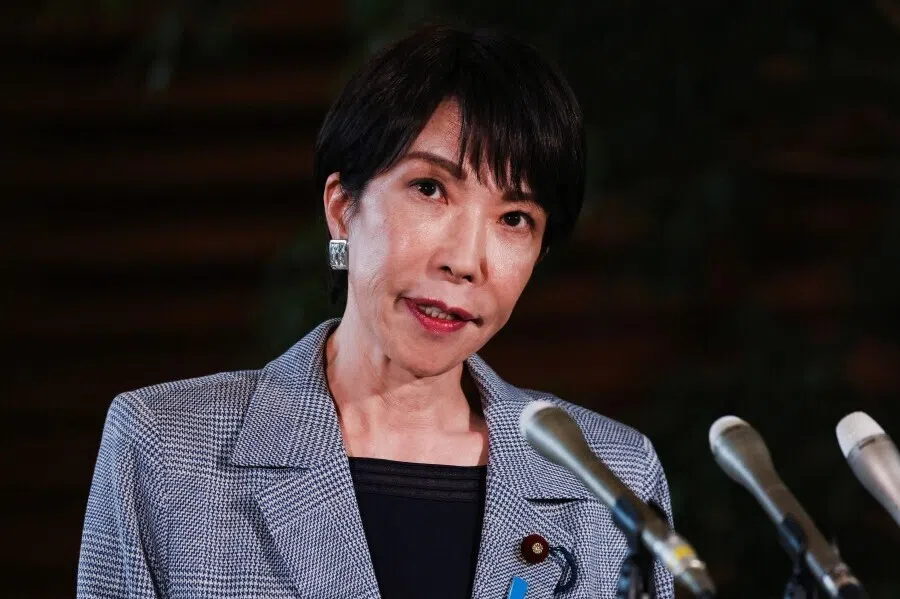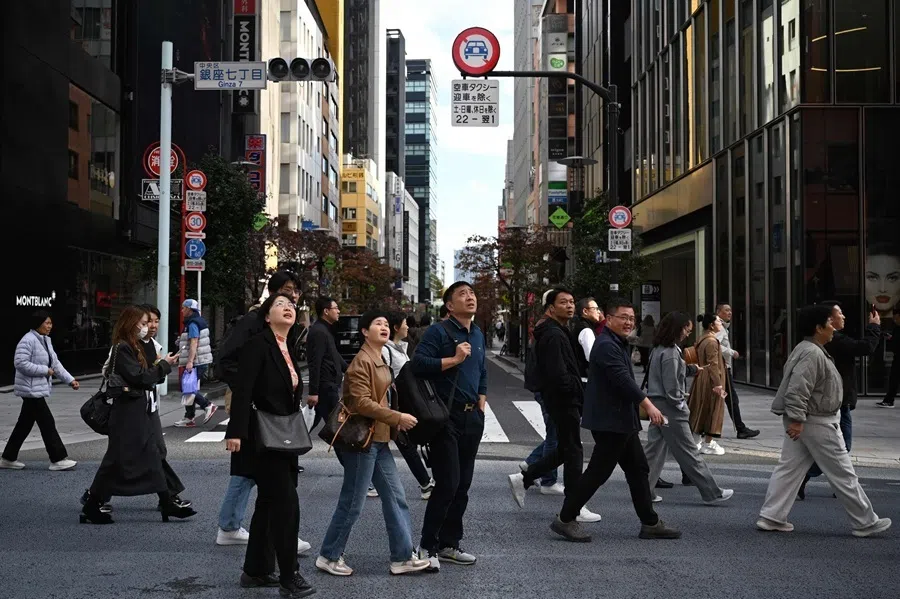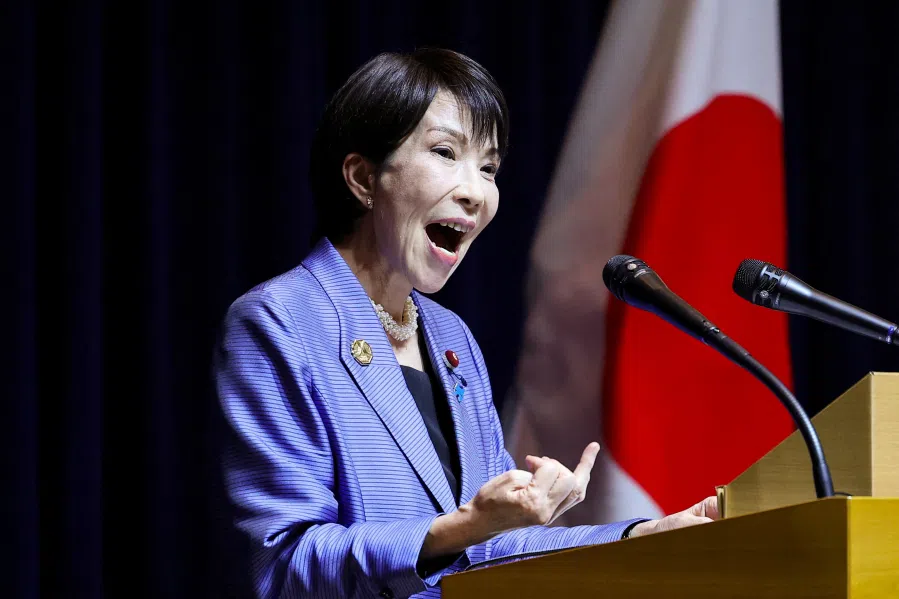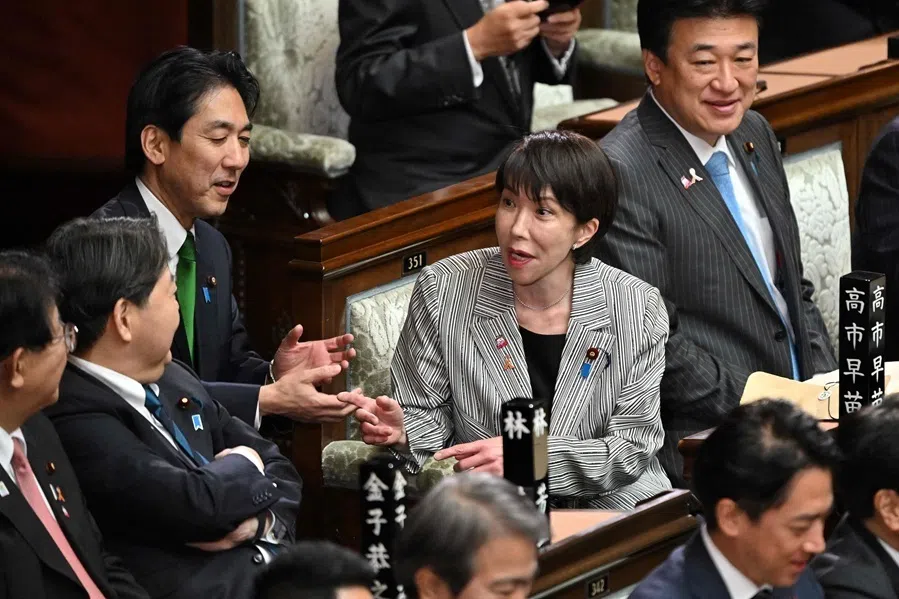Why Xi thinks Canada's conduct was 'not appropriate'
After details of Chinese President Xi Jinping and Canadian Prime Minister Justin Trudeau's informal discussion during the G20 meeting was reported in Western media, Xi followed up with Trudeau to express his displeasure. However, the interaction sent Western media into a frenzy, reporting that Xi "confronted" or "scolded" Trudeau. In light of the sensationalisation of the incident, China may need to be more familiar with how the media in Western democracies work.
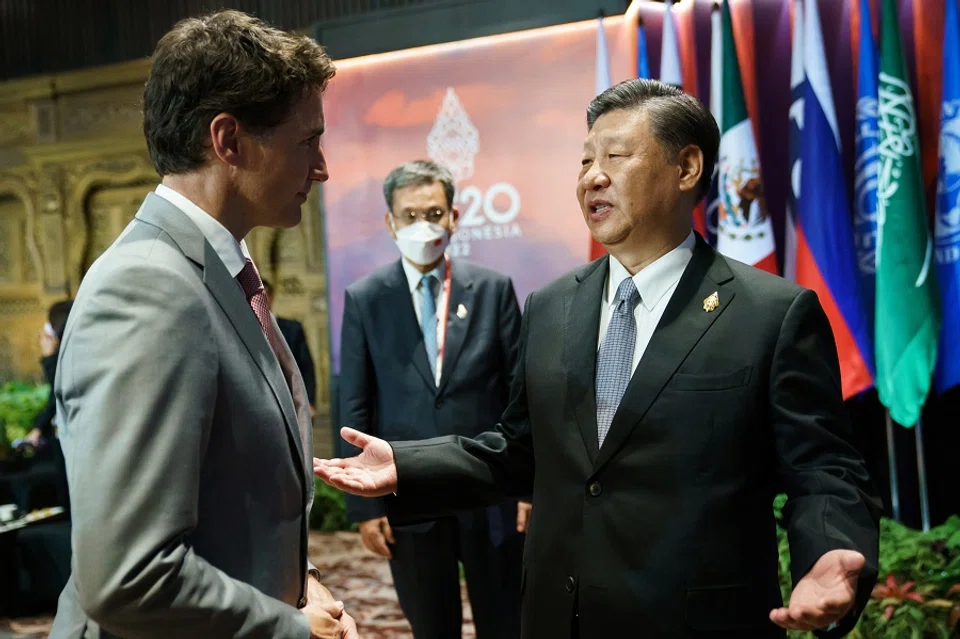
After the Chinese Communist Party's 20th Party Congress, Chinese leaders have made a high-profile return to diplomacy since the pandemic hit three years ago, engaging in "smile diplomacy" and attempting to adjust its relations with the West and Russia.
But Chinese President Xi Jinping's unscripted interaction with Canadian Prime Minister Justin Trudeau at the G20 summit in Bali unexpectedly became a hot topic of discussion, second only to the first face-to-face meeting between Xi and US President Joe Biden.
Xi expressing his opinion
Based on the footage from Canadian media, Xi told Trudeau through an interpreter in a noisy hall on 16 November, that the details of their closed-door meeting had been leaked to the papers. "That's not appropriate," Xi said. Although he was seen smiling, his body language and choice of words revealed his displeasure with Trudeau. Xi added that if there is no mutual respect for good communication, "the outcome may be hard to tell".
The short video which was less than a minute long made the rounds on international social media platforms, and was not only widely reported by major newspapers worldwide but also became a hot topic of discussion. International public opinion honed in on the Chinese leader's candid moment, which was deemed a rare show of personality of China's upper echelons.
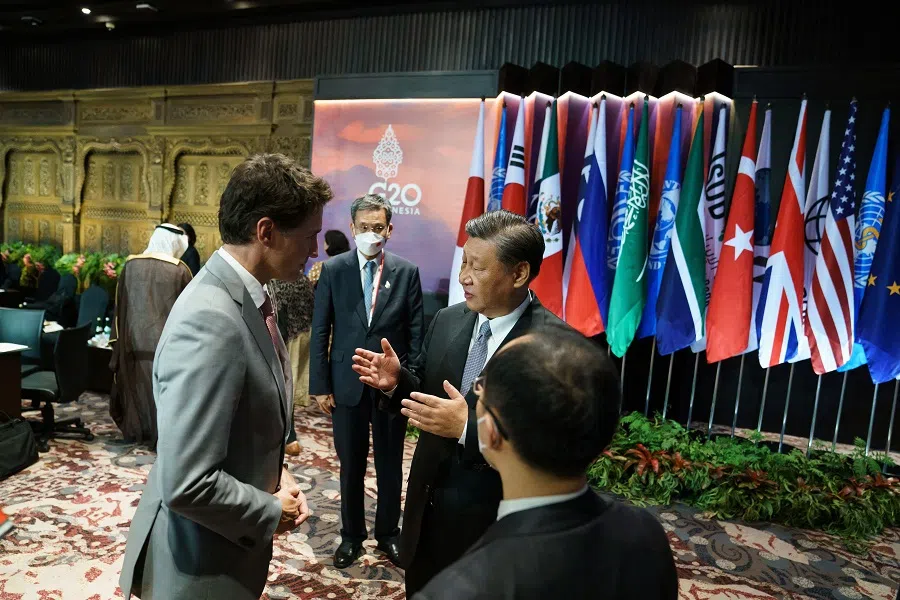
Western media generally described the exchange in a harsher or more negative tone, alleging that Xi "angrily rebukes", "lectures", "confronts", or "scolds" Trudeau. The Chinese foreign ministry denied these claims on 17 November, asserting that the video should not be "interpreted as Xi Jinping criticising or blaming anyone".
It is indeed an exaggeration to claim that Xi confronted or scolded Trudeau. In fact, Xi did not say anything harsh and Trudeau's response was appropriate. It was also evident that Xi initiated the conversation with Trudeau to express his concern.
Trudeau took the opportunity to talk to Xi in a social setting and even disclosed the details of their informal conversation - this is considered "not appropriate" in China's view.
Routine in Western media
To put things in context, the day before the incident, Trudeau seized the opportunity to speak with Xi for about ten minutes in an equally noisy hall. Following this, the Office of the Prime Minister of Canada released information to the media that Trudeau expressed "serious concerns" to Xi about China's alleged interference in Canada's 2019 federal election, as well as discussed the Russia-Ukraine war, North Korea, and China's important role in addressing climate change. A Canadian government source also said that both Trudeau and Xi agreed on "the importance of continued dialogue".
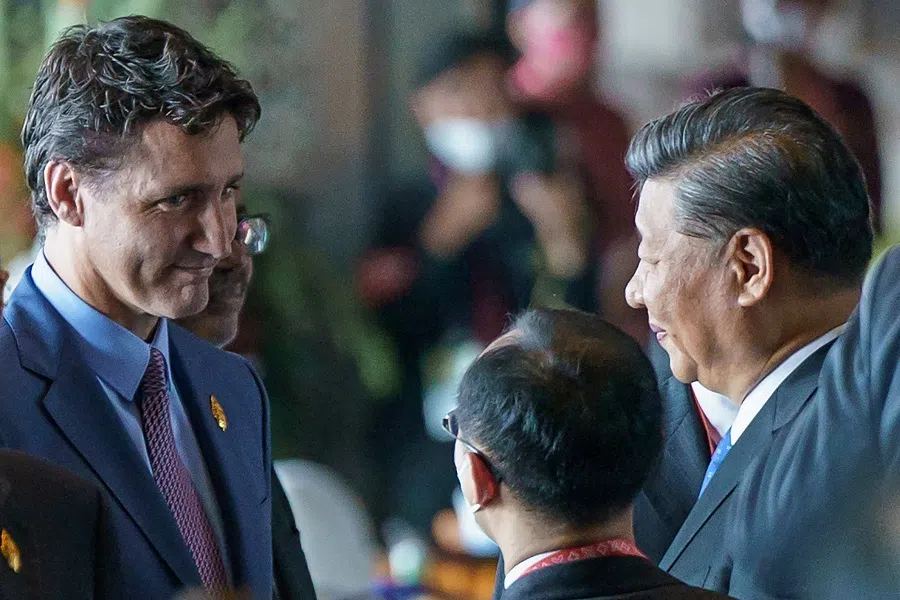
Presenting a summary of the leader's talks to the media is apparently a routine operation of the Canadian government. But China might have felt that it did not agree to any arranged meeting between the two countries, and was in fact, still reeling from Huawei executive Meng Wanzhou's detention in Canada. Trudeau took the opportunity to talk to Xi in a social setting and even disclosed the details of their informal conversation - this is considered "not appropriate" in China's view.
As the leader of a democracy, Trudeau has another set of logic and domestic pressures to contend with. Canadian media reported earlier this month that Canadian intelligence officials have warned the prime minister that China has allegedly interfered in the 2019 federal election by funding at least 11 candidates. As the topic festered, the Canadian government was accused of weakness and inaction.
Chinese leaders must have been unfamiliar and uncomfortable with the rules of political and media operations in democratic countries...
Trudeau, therefore, needed to show toughness in dealing with China, especially for a domestic audience to witness such interactions. Now, the Western media's report that Trudeau had been aggressively "lectured" by Xi could even work in his favour.
Chinese leaders must have been unfamiliar and uncomfortable with the rules of political and media operations in democratic countries, so they reacted to the "leak" by Canada, only for those few comments to be captured by the media and made public, sparking even more attention and debate.
Building a better image and goodwill
Over the past week, Xi met several leaders on the sidelines of the G20, including US President Joe Biden, French President Emmanuel Macron, Australian Prime Minister Anthony Albanese and South Korean President Yoon Suk-yeol. Thereafter, Xi attended the APEC meeting in Thailand - as of 17 November, he had met with Japanese Prime Minister Fumio Kishida and Singapore Prime Minister Lee Hsien Loong.
After three years of the pandemic, this is the strongest signal from China's leader that diplomacy is back in business. Apart from meeting the leaders of the US, Australia and Japan - which have tense relations with China - Xi also had a friendly exchange with Indian Prime Minister Narendra Modi at the G20 dinner.
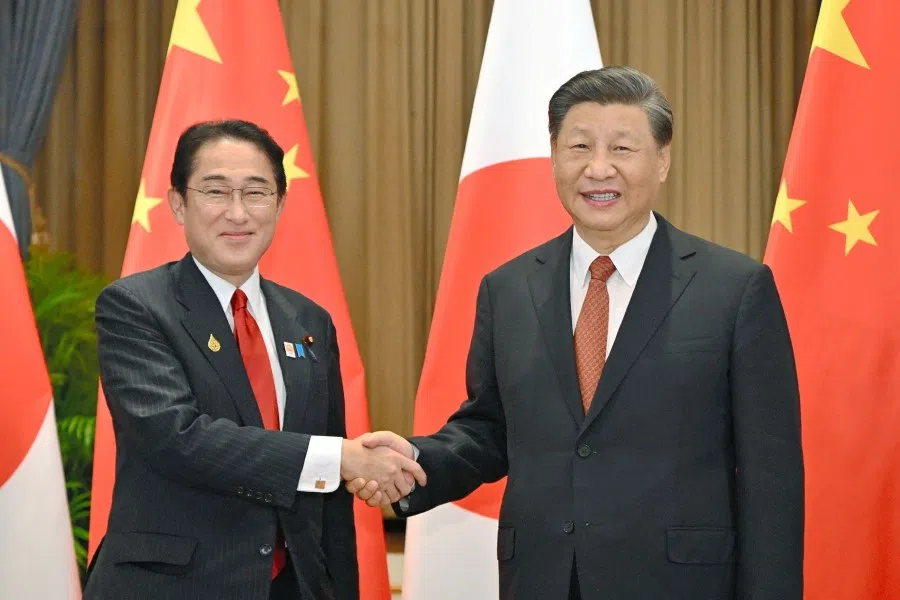
Indeed, China's return to more balanced and pragmatic diplomacy would help to ease world tensions. Commentators also note that China accepted the G20 joint declaration, which states, "Most members strongly condemned the war in Ukraine and stressed it is causing immense human suffering and exacerbating existing fragilities in the global economy." Clearly, while China will not fundamentally change its strategic partnership with Russia, there are limits to this partnership.
In fact, from the reactions of various leaders, they also want to build good relations with China, including India and Canada. Even in that one-minute exchange between Xi and Trudeau, one can objectively see that both parties remained friendly, sincere and personable.
The Chinese leadership might feel that, unlike Chinese media, the Western media is like a sieve that "leaks" everything.
This incident will pass quickly. But if China wants to build a better image and goodwill internationally, it needs to understand the rules of Western democracies.
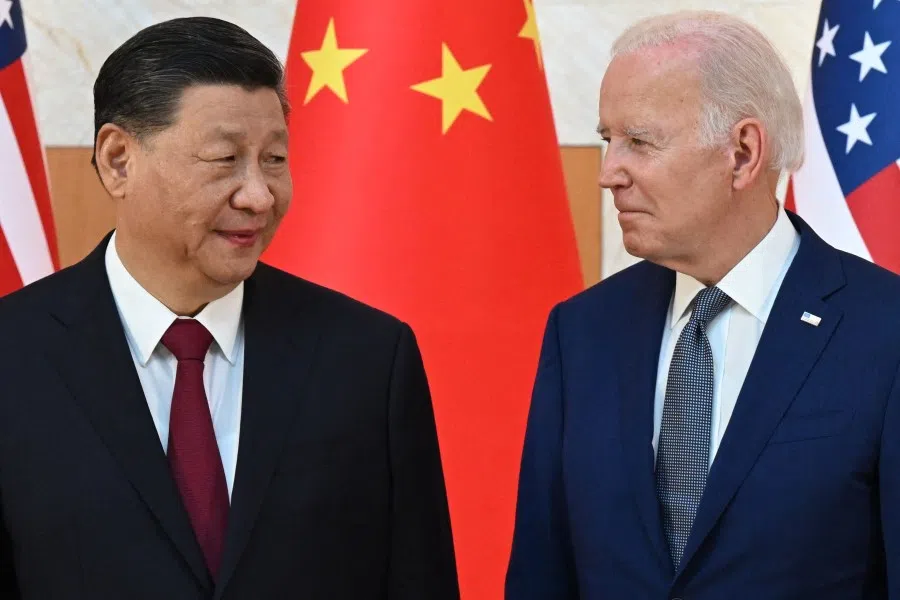
During the Xi-Biden meeting, in the lull between Biden's opening comments and delegates entering the closed-door meeting, ABC News producer Molly Nagle shouted a question about whether Biden planned to raise human rights issues during the meeting. She was stopped by a Chinese staff member, and nearly fell down after being pushed towards the door and knocked off balance. White House staff stopped the Chinese staff member. This incident was of course also reported.
The Chinese leadership might feel that, unlike Chinese media, the Western media is like a sieve that "leaks" everything. But if China is to be more comfortable on the international stage, this is one area where it will have to adapt.
This article was first published in Lianhe Zaobao as "特鲁多与习近平"不合适"的插曲".


